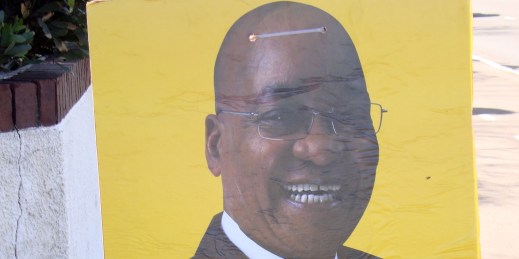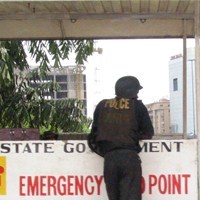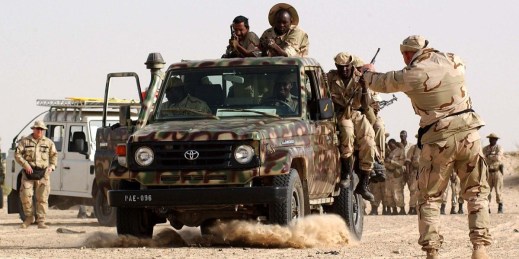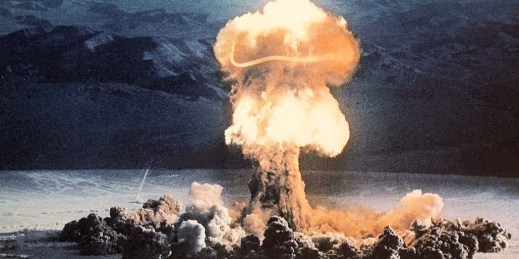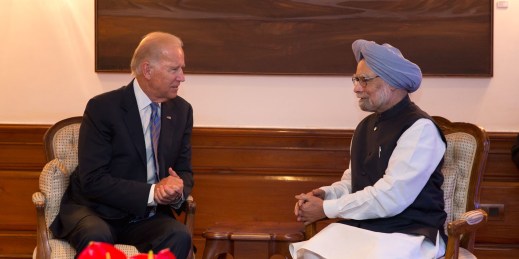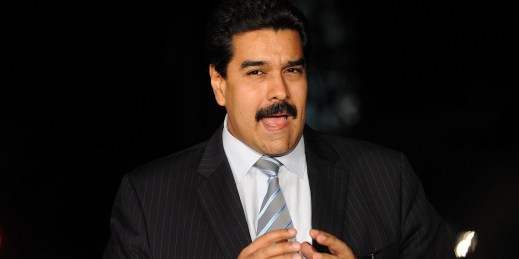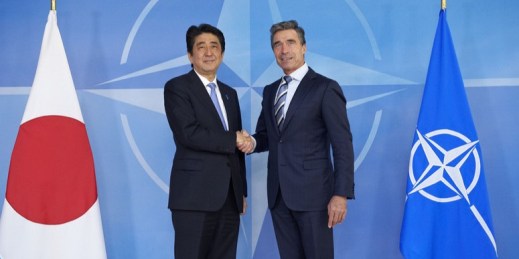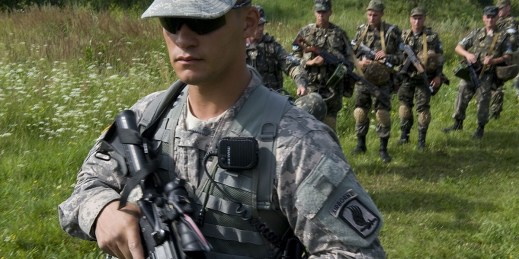
Last week, Thailand’s Constitutional Court forced Prime Minister Yingluck Shinawatra to step down. The decision, linked with her removal of the country’s security chief in 2011, has intensified the ongoing showdown that has gripped Thai politics and heightened uncertainty for the future of a key U.S. partnership in Southeast Asia. Yingluck is only the most recent Thai prime minister connected to influential exiled former Prime Minister Thaksin Shinawatra—she is his sister—to have been removed by the courts since he himself was ousted in a 2006 coup. The events leave the United States in an awkward position with few options to […]

